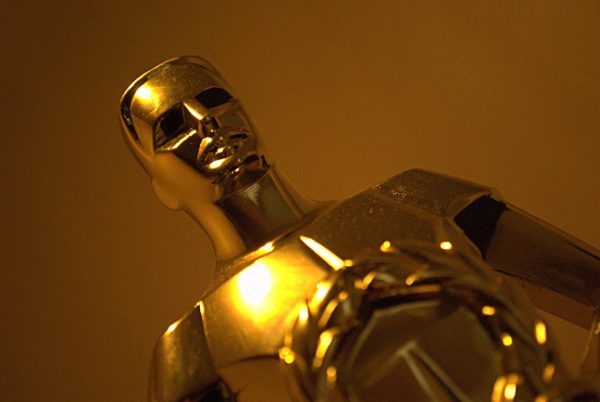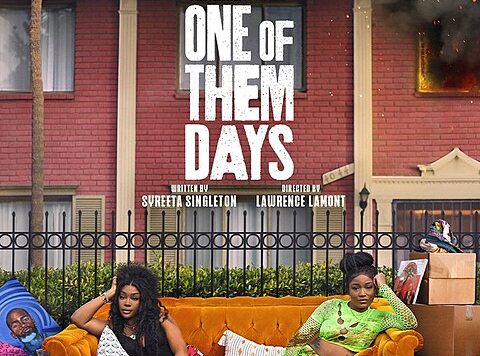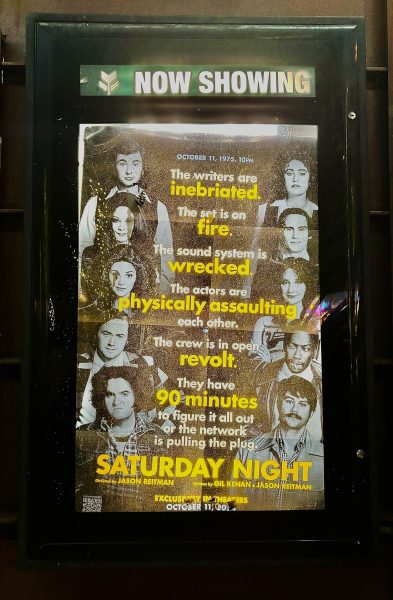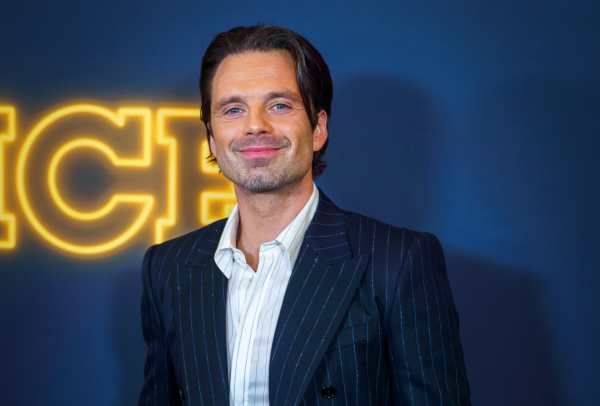‘Boyhood’ wins best way to waste 12 years of filmmaking
At the 87th Annual Academy Awards, host Neil Patrick Harris opened big with impressive green screen effects and a musical dedication to take us back to the movies we all know and love.
The musical number was a departure from the Oscar’s average opening monologue in which hosts take shots at those sitting in the audience, but as a four-time Tony host and a two-time Emmy host, the singing hosting gig is well-known to Harris.
The big number guest-starred Anna Kendrick and Jack Black and looked to be the start of an energetic and edgy award show, especially as it followed Harris’ opening dig at the show for honoring the “best and whitest.”
But despite a few puns that hit their mark – “Edward Snowden couldn’t be here for some treason” – the nearly four-hour show wasn’t all that much fun for anybody, particularly for most viewers at home who would have preferred another REM cycle to the late-running show.
The big winners of the night were the “The Grand Budapest Hotel” and “Birdman,” both of which were nominated for nine awards and took home four.
“Birdman” won the bigger awards, taking home best picture, best original screenplay, best director and best cinematography. It was director Alejandro González Iñárritu’s first win after previous nominations for “Babel” and “Biutiful.”
Wes Anderson was finally recognized for his innovative style of filmmaking and not just for being Wes Anderson. His film “The Grand Budapest Hotel,” much-loved but largely lacking Bill Murray, took home the awards for makeup and hairstyling, costume design, original score and production design.
“Boyhood” lost out in almost every category and may very well have dissuaded a generation of new filmmakers who also wanted to spend 12 years on a single movie. Its only award went to Patricia Arquette for Best Supporting Actress for her role as down-to-earth mom extraordinnaire.
To no one’s suprise, J.K. Simmons, Julianne Moore and Eddie Redmayne won the other acting awards for their roles in “Whiplash,” “Still Alice” and “The Theory of Everything” portraying unsurmountable anger issues, Alzheimer’s and ALS, respectively.
The best actor and actress speeches were some of the better of the night as they gave heartfelt shout-outs to their parents and those who struggle with diseases or in battles for equality.
As in other years where the races aren’t terribly exciting and most feel as if they could do without the host’s bits, the musical performances did the most to bring the show back to life.
Jennifer Hudson’s performance of “I Can Let Go” following the traditional “In Memoriam” montage was mostly forgettable, but audiences at home and at the Dolby Theatre went crazy for Common and John Legend’s performance of “Glory” from “Selma” which would later go on to win for Best Original Song.
“Everything is Awesome,” which brought on stage Tegan and Sara, Questlove, The Lonely Island, and Will Arnett as Batman, infused the Oscars with a level of energy and activity perhaps not previously known to the 87-year-old show, if only for a few moments.
Perhaps the biggest surprise of the night was a tribute to “The Sound of Music” for the Oscar-winning film’s 50th anniversary by an uncharacteristaclly serious Lady Gaga. Though many from Julie Andrew’s generation might have cringed at Gaga’s tattoos and reputation, the classically trained singer turned out to be right person for the job and was verbally approved by a teary-eyed Julie Andrews herself.
Yet in the end, this year’s show was sunk before Harris’s opening monologue. It was too saturated with films only focusing on the struggles of white males and too riddled with controversies over adapted screenplays taking too much liberty in their stories (“American Sniper,” “The Imitation Game” and “The Theory of Everything”).
Further disenchantment came from the fact that people either loved or hated with a fiery, burning murderous passion the two frontrunners, “Birdman” and “Boyhood.”











